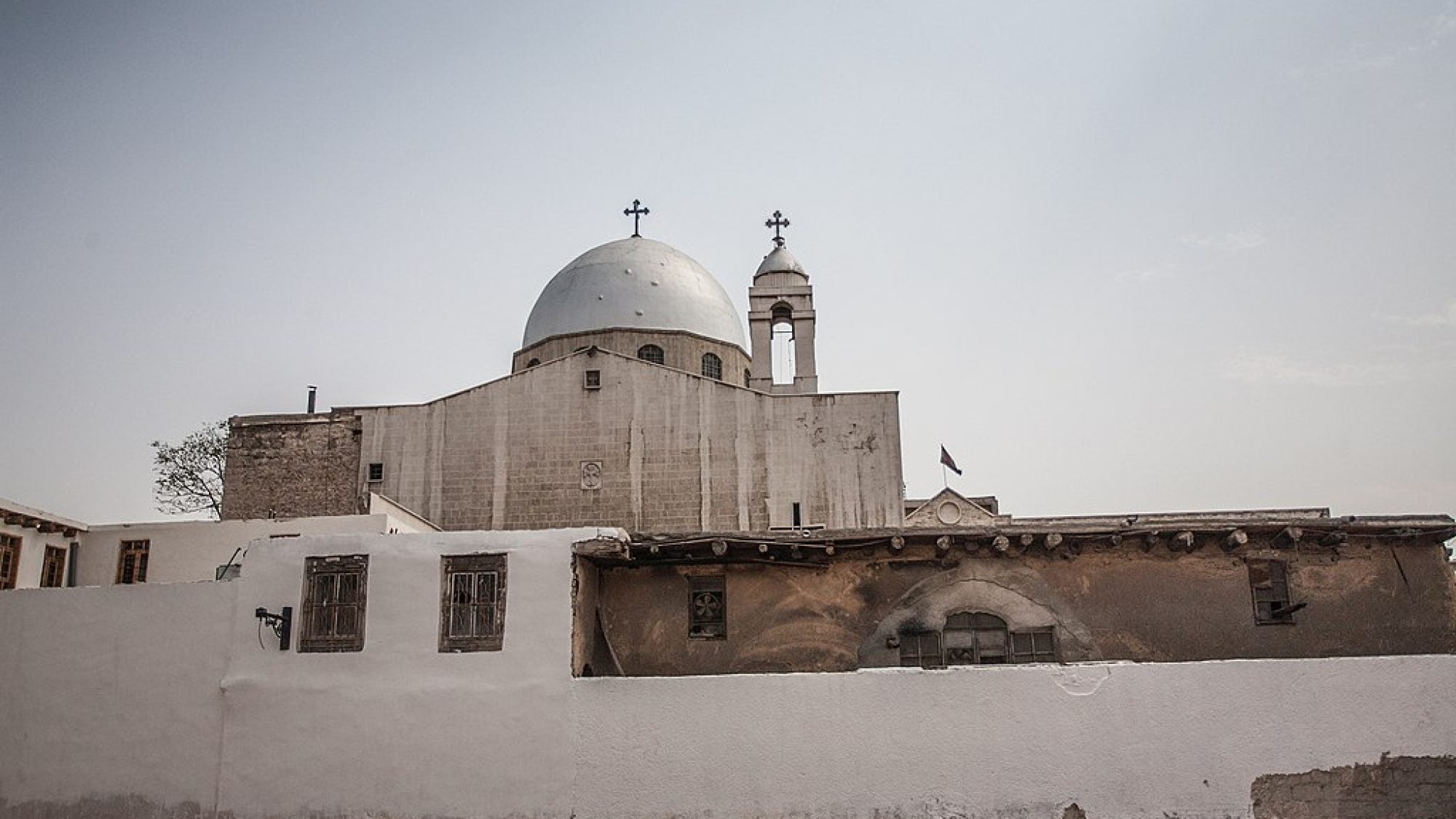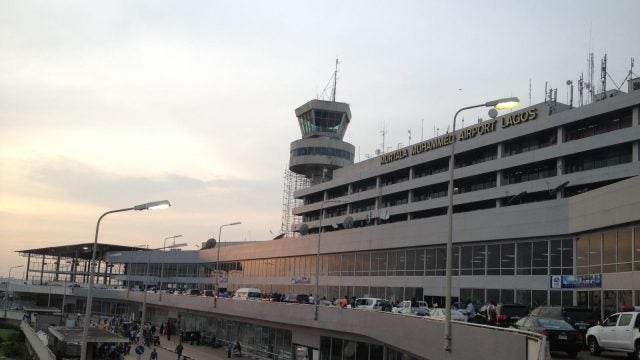
Title: The Plight of the Christians in Syria: Flagrant Violations of Christians’ Human Rights
The “Arab Spring” is being referred to as the “Christian Winter” because Christian persecution is prevalent throughout the region, including in Syria. Around 10 percent of the Syrian population is Christian, making it one of the largest and most ancient Christian communities in the Middle East, founded by St. Paul in the book of Acts. Persecution of Christians, linked to the ongoing civil war, is becoming more intense by the day. These vehemently intolerant actions have led to full-scale atrocities like the al-Duvair village massacre on 27 May 2013 when the Free Syrian Army (FSA) attacked the Christian village, killing all civilians, including women and children. The ultimatum for this particular religious group seems to be to convert, leave, or die.
At the advent of the civil war, Christians hoped to remain neutral in the conflict, but as the war progressed, they were singled out as Assad sympathizers and have consequently become guilty by association. Under Assad’s reign, Christians received a high level of state protection as Assad ruthlessly contained Islamist aggression that would destabilize his regime. Much of the rebel hostility towards Christians is part of a larger retribution campaign against other minority groups such as Alawites that enjoyed preferential treatment over Sunnis.
Now that the defeat of President Assad is a real possibility, the question of who would protect the Syrian Christians after his fall has led many Christians to support the status quo out of fear of targeted persecution should the Islamist rebels win. The Congressional Research Service (CRS), in a report published in July 2012, portrays the dilemma of the Christians as being “caught between their parallel fears of violent change and of being associated with Assad’s crackdown.”
Many have tried to suggest that the targeting of Christians by the Islamist rebels is for purely economic gain. However, this holds little validity considering that Christians in Syria live at the lower end of the socio-economic order, thereby leaving little for the Islamists to gain economically. Furthermore, since the outbreak of the war, according to Christian Freedom International, Christians “have fallen into severe financial hardship since the Arab Spring uprising, primarily because they are too afraid to leave their homes to go to work.” Therefore, the most likely reason behind the rebels’ targeting of Christians is a combination of political revenge for loyalty to the Assad regime and religious intolerance on the part of the rebels.
In reaction to the hostility of the rebels, Christians have begun to take up arms in various government-supported militias across the country, with the heaviest membership in Aleppo. Initially, in an attempt to avoid taking sides in the civil war, Christians in Aleppo recruited vigilantes from the Boy Scout movement to protect churches. However, as the war reached the city and spread across suburbs, Christians began to accept weapons from the Syrian army and joined Armenian groups to repel opposition guerrillas.
It seems that Syrian troops in Aleppo are now organizing local militias, as fighting between regime forces and the rebel opposition appears to be stalemated. One of the militias helping Christians (as well as the Druze, Alawi, and Shia Muslims) keep their neighborhoods safe and prevent infiltration of the Sunni-dominated rebel groups is the Lijan militia. This militia is reportedly armed by the Syrian government and has checkpoints set up around its districts.
The escalation of the increasingly sectarian Syrian war is a tragic consequence of political tensions and religious intolerance. The toll it is taking on the native population should not be underestimated or taken lightly by the international community.
Perhaps we should ask ourselves if it is time that economic sanctions be imposed on governments that violate human rights. It may be one of the ways in which countries could feel the sting of repercussion for having ignored and deprived their citizens of the most basic forms of protection.
Nevertheless, there are problems with this particular strategy. First, foreign countries usually impose these sanctions only if they perceive that their interests in doing so outweigh the costs involved. Second, the sanctions imposed only have a chance to succeed if they are not subject to strategic manipulation by the target state, as was the case in Iraq. Because there were grave impacts on the basic interests of Iraqi civilians rather than on the targeted government officials, Saddam Hussein could manipulate the situation to strengthen his regime.
Due to the reality and intricacies of the geopolitical stage and the international economic interests at stake, economic sanctions will most likely have to be put into practice only when it is obvious that economic sanctions will not behave as treatment that is worse than the disease. Much research and care needs to be put into the study of new policies when it comes to the protection of human rights.
For now, one of the most tangible solutions to Christian persecution in Syria is pushing the United Nations and all of its annex organizations to stand watch for the keeping of international law. The situation of Christians in Syria should attract the attention of UN organizations as well as national churches and the Christian international community. Although it would not make much difference from a military perspective, Western churches, especially the Vatican, should be focusing their humanitarian resources in the region and try to come to the aid of the ones in need.
Image Credit: Mario Donadoni, CC BY 3.0 <https://creativecommons.org/licenses/by/3.0>, via Wikimedia Commons
This is an archived article. While every effort is made to conserve hyperlinks and information, GJIA’s archived content sources online content between 2011 – 2019 which may no longer be accessible or correct.
More News

Africa accounts for approximately two percent of global air travel. Given the continent’s vast size and large distances between major trade hubs, enhancing intra-African air connectivity will be…

An estimated 7.9 million Venezuelans migrated abroad for the long term under President Nicolás Maduro’s rule as Venezuela’s political, economic, and social crises have deepened. Alongside rising Venezuelan migration, migrants…

Amid stalled U.S. federal climate engagement and intensifying transatlantic climate risks, subnational diplomacy has emerged as a resilient avenue for cooperation. This article proposes a Transatlantic Subnational Resilience Framework (TSRF)…